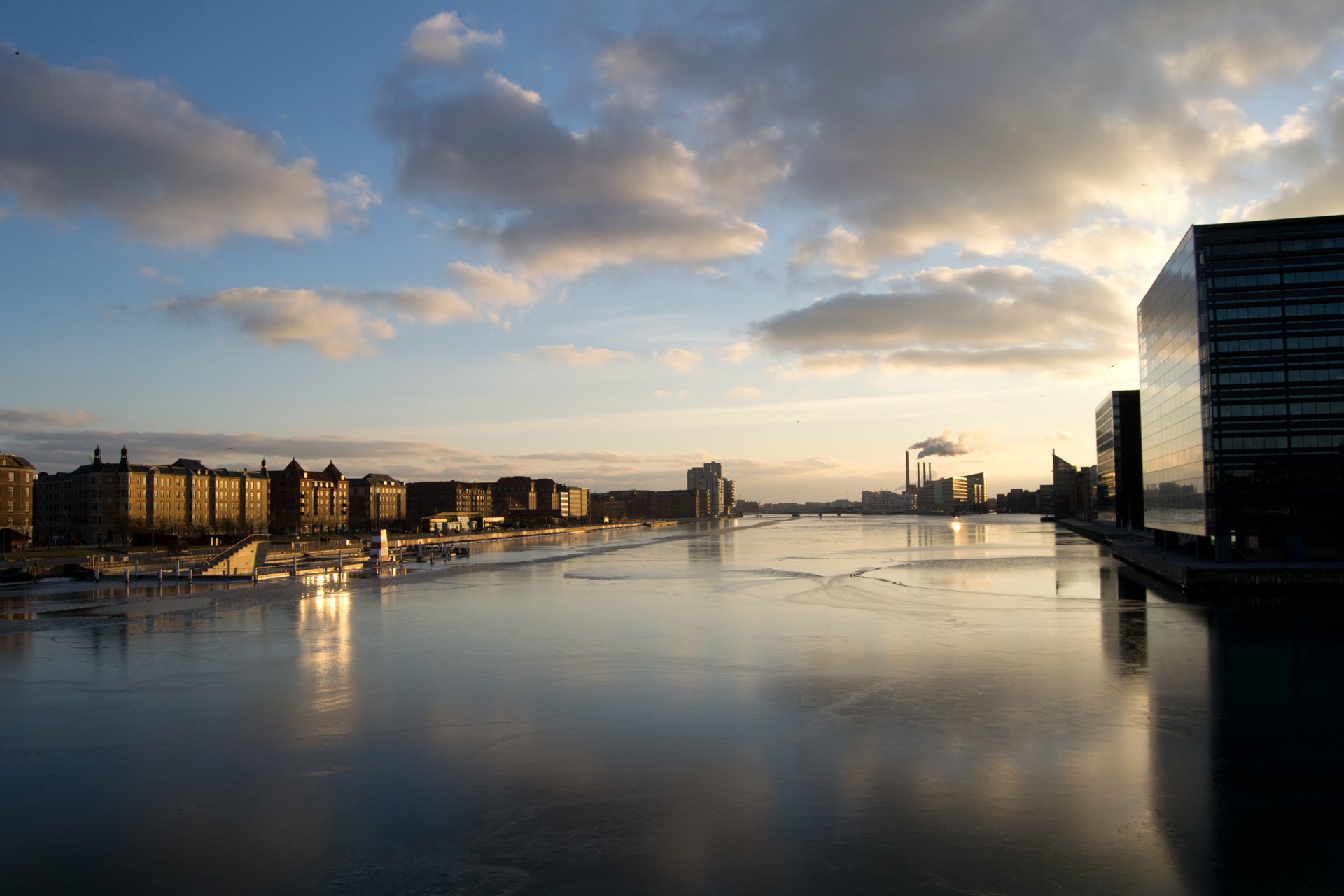No wonder people rave about the Danish lifestyle. The country has a rich culture, world-renowned cuisine, masses of unspoiled, accessible countryside, social events and a healthy work-life balance.
But moving to a foreign country and adapting to a new culture can be a challenge. Coming to a country like Denmark with its friendly, welcoming attitude and high standard of living definitely make this process easier.
Did you know?
Denmark often comes out near the top of global surveys on liveability and happiness. Want to know how a small country with “difficult” weather can be such a wonderful place to live?
Learn more here.
Lost in translation?
We must admit that Danish isn’t exactly the most widely spoken language on the planet… Luckily, Danes are impressively good at English and you will easily get by without knowing any Danish.
Danish will almost certainly not be a requirement in the workplace. But learning it will show your motivation and commitment to your career in Denmark. It will also make social gatherings with your colleagues, friends and neighbours more enjoyable.
Spoken Danish is quite different from other languages. It’s said that Danes speak as though they have a potato in their mouth, which doesn’t make learning it any easier. Persevere, though, and you’ll get the hang of it soon enough. And how cool will it be to tell your friends and family you can watch a Scandi noir thriller without subtitles?
There are many ways of learning Danish and many courses are free A good start is to attend classes at your local Danish language school. Find yours here.
Danish start-ups are actively encouraging internationals to become part of their community by providing more social and interactive ways of learning and improving Danish language skills.
Find your local Danish language school here.
Danish work culture, or “yes you can”
Denmark's work culture is appreciated by businesses and workers alike. For companies, flexible hiring rules and a lack of corruption make Denmark one of the world's best places to do business (World Bank, 2020).
A few highlights of the Danish working culture are:
- Flat hierarchy within companies
- Flexibility
- Work-life balance
- Working in teams, but with high autonomy
- Informal tone and dress code
Read more about the Danish working culture here and here.
Danish culture and the 'hygge' experience
Admiration for the Danish lifestyle concept of 'hygge' (pronounced 'hooga') has been spreading around the world – to the point where the word was added to the Oxford English Dictionary in 2017. Often translated as 'cozy', no single English word can convey the full meaning of 'hygge'. Think of it as a sort of philosophy for enjoying life and you won’t be far wrong. In brief, hygge is about taking time away from the daily rush to be together with people you care about - or even by yourself - to relax and enjoy life's simple pleasures.
Of course, Danish culture is about more than just “hygge”. Despite its relatively small landmass, Denmark always has a surprising number of social and cultural activities going on.
For your inspiration, we have listed the tourist sites of Denmark’s biggest cities. Check them out for the latest cultural activities.
Copenhagen
Aarhus
Odense
Aalborg
Roskilde
Notable Danish holidays to mark in your calendar
Like the rest of Europe, Denmark celebrates Easter, Halloween, Advent, Christmas and New Year (at the end of December)
But Denmark also has some of its own other holidays that you could celebrate when living here. Below you find a few of the Danish celebratory days:
- Queen’s Birthday: April 16th
- ‘Fastelavn’: Sunday or Monday before Ash Wednesday
- The Great Prayers Day: 4th Friday after Easter Sunday
- Constitution Day: June 5th
- Saint Hans: June 23rd
- Christmas Brew Day (J-day): 1st Friday in November
Read more about Danish culture here.
Meeting and greeting
The first step to making new Danish friends is getting to know your fellow students and there are plenty of group activities that offer a great chance to make Danish friends.
Examples of this are:
- Buddy programmes: Many universities have buddy programmes for international students. Check out what your university offers.
- University clubs and activities: Even though Danish universities do not have the classic campus set up that may know from your home country, most have a wide variety of clubs, activities and bars to join.
- Volunteering: It is possible to volunteer through universities and NGOs in Denmark – so you can do good things and increase your network at the same time!
- The Danish 'Foreningskultur': The concept of 'foreninger' is unique to Danish/Scandinavian culture and social life. A “forening” is a democratic, organisation based on, and run by, membership with a common theme, goal, or activity. This is how almost all sports clubs, leisure activities, interest-based clubs and societies, and many of the volunteer organisations work in Denmark and it is where many people form a network outside work and school. Being a part of a ‘forening’ is a great way to get to meet Danes and form a network.




